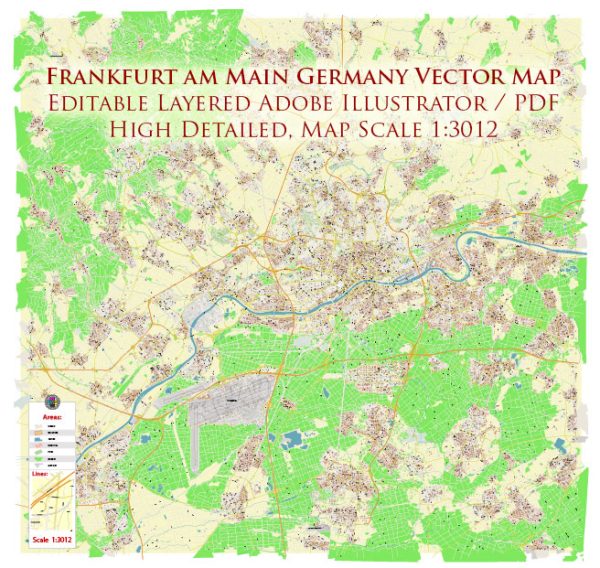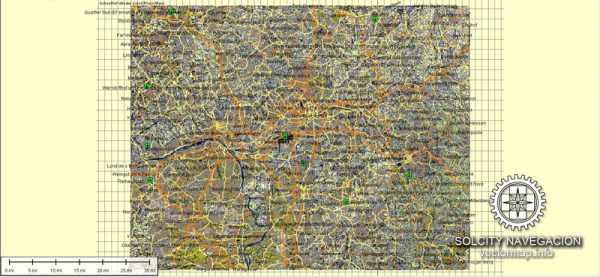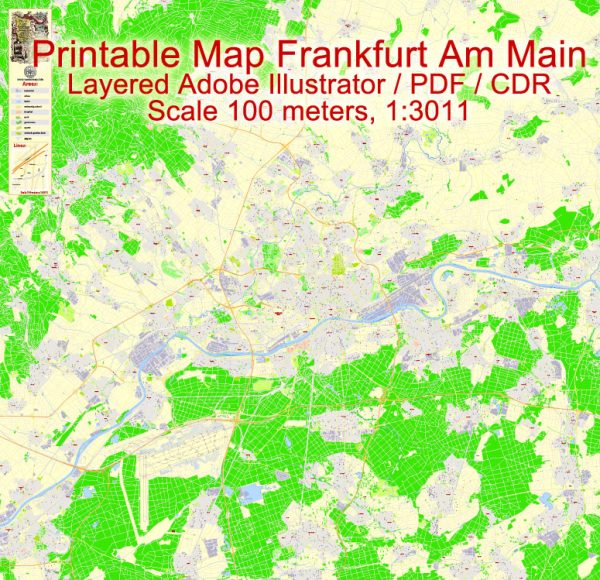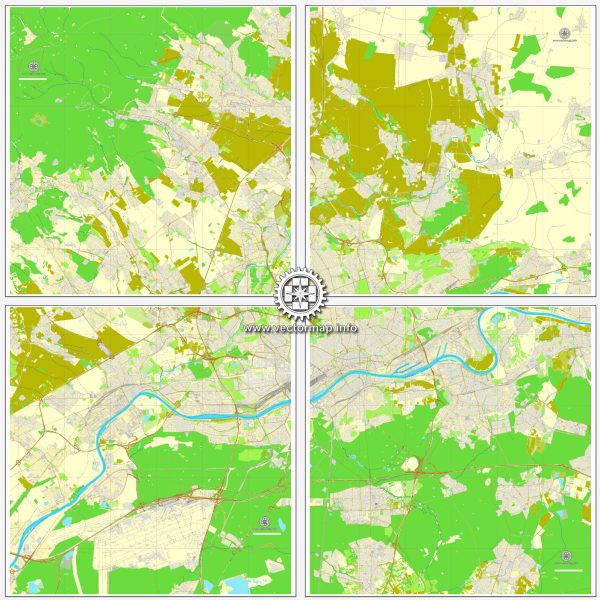Frankfurt, Germany, is one of the country’s major economic hubs and serves as the financial capital of Germany and the Eurozone. It is home to the European Central Bank (ECB) and the Deutsche Bundesbank, as well as a significant number of global financial institutions and corporations. Here’s an overview of the economic characteristics of Frankfurt:
- Financial Center: Frankfurt is renowned for its financial sector, and it is often referred to as “Bankfurt.” The city hosts the European Central Bank (ECB), which oversees the Eurozone’s monetary policy, and the Deutsche Bundesbank, Germany’s central bank. Many commercial and investment banks, insurance companies, and other financial service providers have a significant presence in the city.
- Stock Exchange: The Frankfurt Stock Exchange (Frankfurter Wertpapierbörse) is one of the world’s largest stock exchanges. It plays a crucial role in Germany’s financial markets and provides a platform for trading stocks and other financial instruments.
- International Corporations: Frankfurt is a global business hub, with numerous multinational corporations choosing to establish their headquarters or regional offices in the city. Companies from various industries, including automotive, pharmaceuticals, logistics, and technology, have a presence in Frankfurt.
- Transportation and Logistics: Frankfurt’s central location in Europe and its excellent transportation infrastructure, including the Frankfurt Airport (one of the busiest in the world), make it a key logistics and transportation hub. This facilitates the efficient movement of goods and people throughout Europe.
- Services Sector: The services sector is a major driver of Frankfurt’s economy. Besides finance and banking, the city is home to a wide range of service industries, including legal services, consulting, and information technology.
- Innovation and Startups: Frankfurt has been working to foster a growing startup and innovation ecosystem, with numerous incubators, accelerators, and co-working spaces. The city government and local institutions are encouraging entrepreneurship and technological innovation.
- Trade Fairs: Frankfurt is known for its Messe Frankfurt exhibition center, which hosts numerous international trade fairs and exhibitions. These events attract businesses and professionals from around the world, boosting the local economy.
- Education and Research: Frankfurt is home to several prestigious universities and research institutions, contributing to research and development activities in various fields.
- High Cost of Living: While Frankfurt offers many economic opportunities, it also comes with a relatively high cost of living. Housing costs, in particular, can be a significant financial burden for residents.
- Economic Challenges: Like many global financial centers, Frankfurt faces challenges related to economic inequality and housing affordability. The city is actively working on addressing these issues to maintain its status as a competitive and livable urban center.
In summary, Frankfurt, Germany, is a prominent financial and economic hub in Europe, characterized by a strong financial sector, a diverse array of multinational corporations, excellent transportation infrastructure, and a growing startup ecosystem. These factors contribute to its reputation as a dynamic and prosperous economic center in Europe.





 Author: Kirill Shrayber, Ph.D.
Author: Kirill Shrayber, Ph.D.